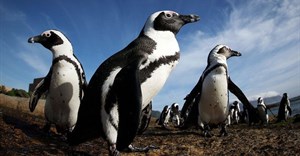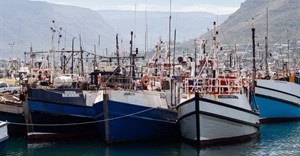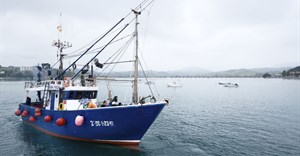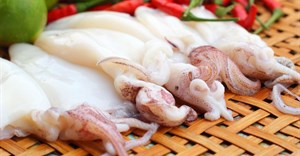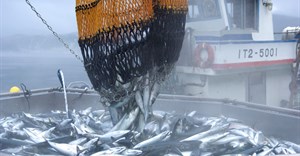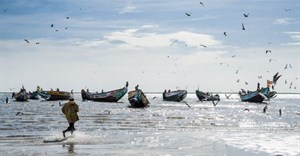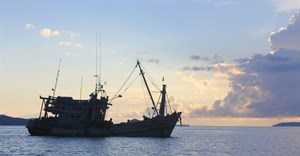Trending



 Sabre EMEA 2024 Awards: Razor PR, Retroviral top SA agenciesDanette Breitenbach
Sabre EMEA 2024 Awards: Razor PR, Retroviral top SA agenciesDanette Breitenbach

Elections 2024
Breaking the cycle of the illegally sold tuna market
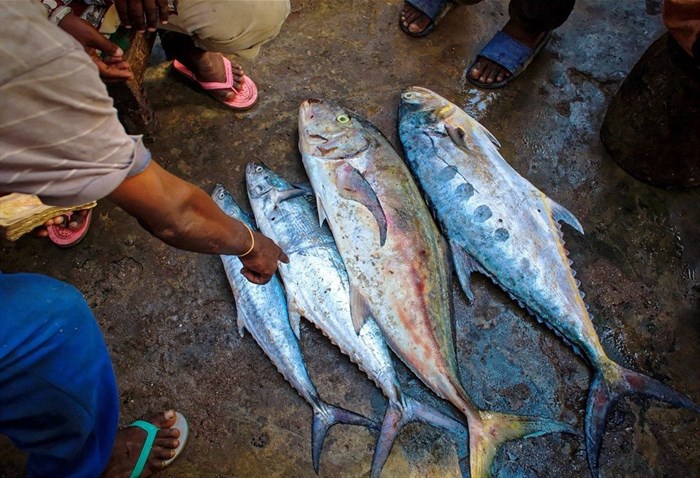
"Unfortunately some restaurants choose the illegal route rather than supporting those that go above and beyond to operate within the law and produce a high end product for the consumer," explains Kurt Hill, operations director at Cape Fish located in Paarden Eiland.
Identified as a key contributor to the problem are the local, annual tuna competitions, where recreational anglers and vessel owners enjoy large catches of tuna – the surplus which is sold into the market at a reduced price to make a profit, undercutting commercial fisheries.
With sustainable fishing practices at the heart of the Cape Fish Retail Store ethos, Hill adds: "Tuna is currently featured on the 'green list' by the South African Sustainable Seafood Initiative (SASSI), making it a sustainable fish choice for seafood lovers. By customers not questioning restaurants on where their tuna comes from, it allows restaurants to buy fish illegally from un-traceable sources, threatening the sustainable status of the fish."
The promotion of recreational fishing
In an attempt to break the cycle and promote responsible recreational fishing, Cape Fish has teamed up with ocean lover and recreational angler, Steve Cameron-Dow.
Taking part in a recent tuna competition, Cameron-Dow’s team managed to catch 17 longfin tuna and 4 yellowfin tuna weighing in at a total of 425kg.
To demonstrate how recreationally caught tuna can be put towards a good cause, Cape Fish has taken every fish caught by Cameron-Dow during the competition and processed them into 120kgs of ready to eat portions. In partnership with Cameron-Dow, Cape Fish has given the tuna to Nazareth House for children and the Saartjie Baartmen Centre for abused Women and Children (SBCWC) earlier this week.
Bernadine Bachar, director of SBCWC, commented: "The centre is very grateful for the fish received from Cape Fish. We feed up to 120 women and children daily in the centre. High in Omega 3, the tuna enables us to introduce additional nutrients to our meal plan. We fully support Cape Fish and Steve Dow-Cameron’s pledge, and are most grateful to have been a beneficiary of this great cause."
"It is truly heartening to see a corporation give with such kindness and compassion. The substantial donation of high-quality fish from Cape Fish and Steve Cameron-Dow will go a long way to provide for the vulnerable in our care – the children and elderly at Nazareth House," added Wayne Devy, CEO of Nazareth House.
Together, Cape Fish and Cameron-Dow have made a pledge to annually process the catch of all tuna competitions entered into by Cameron-Dow and his team, and giveaway the portions to those in need. In addition to this, Cape Fish pledges to all recreational and charter fisherman in Cape Town that they will process, pack, freeze and distribute to the above-mentioned centres or a charity of their choice at no cost.
"It’s time to break the cycle of illegally sold tuna into the market in a way that can benefit the less fortunate communities in which we live. I’m wholeheartedly committed to the pledge in partnership with Cape Fish, and look forward to being able to give away my catches to a good cause," concluded Cameron-Dow.


